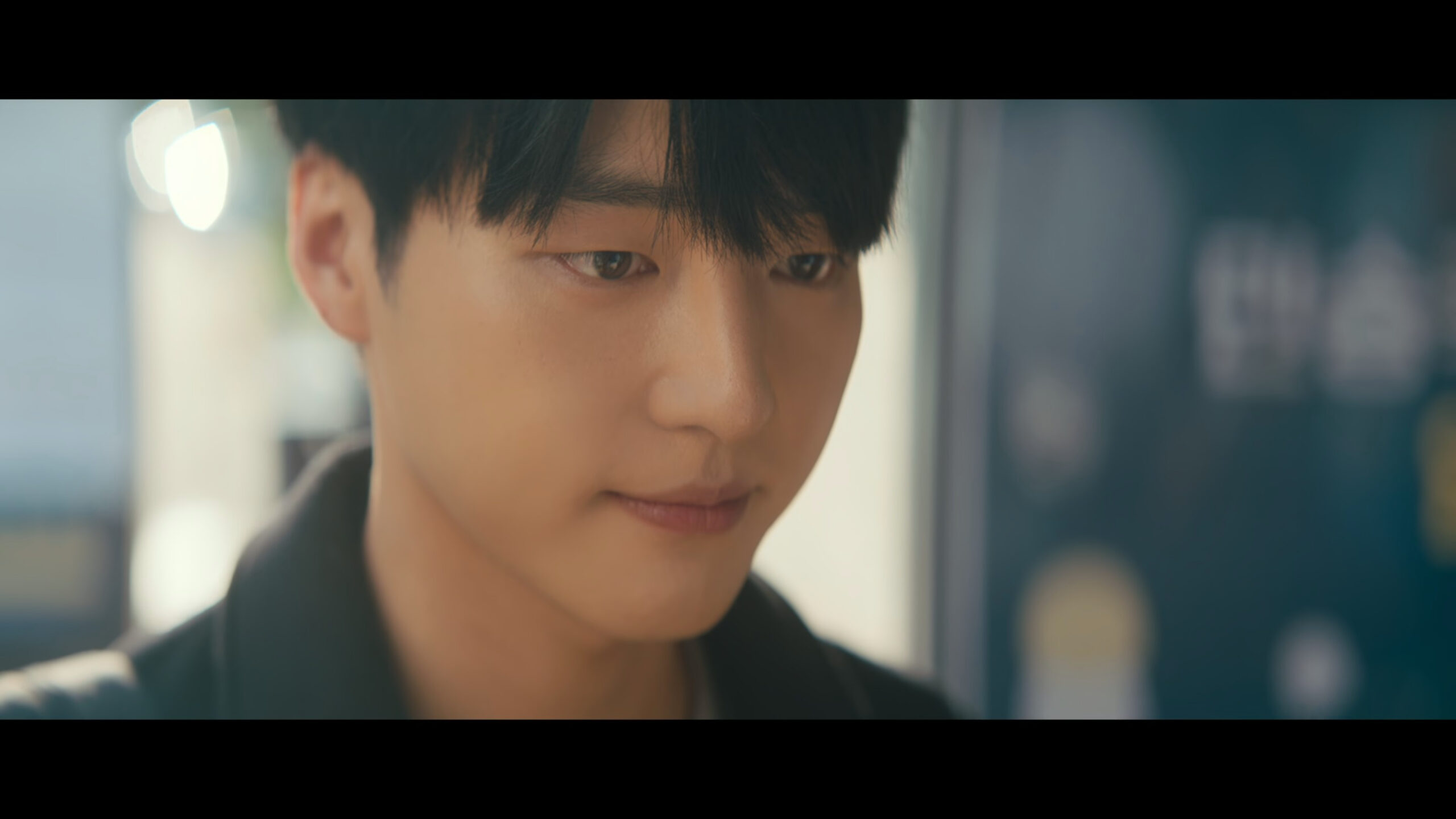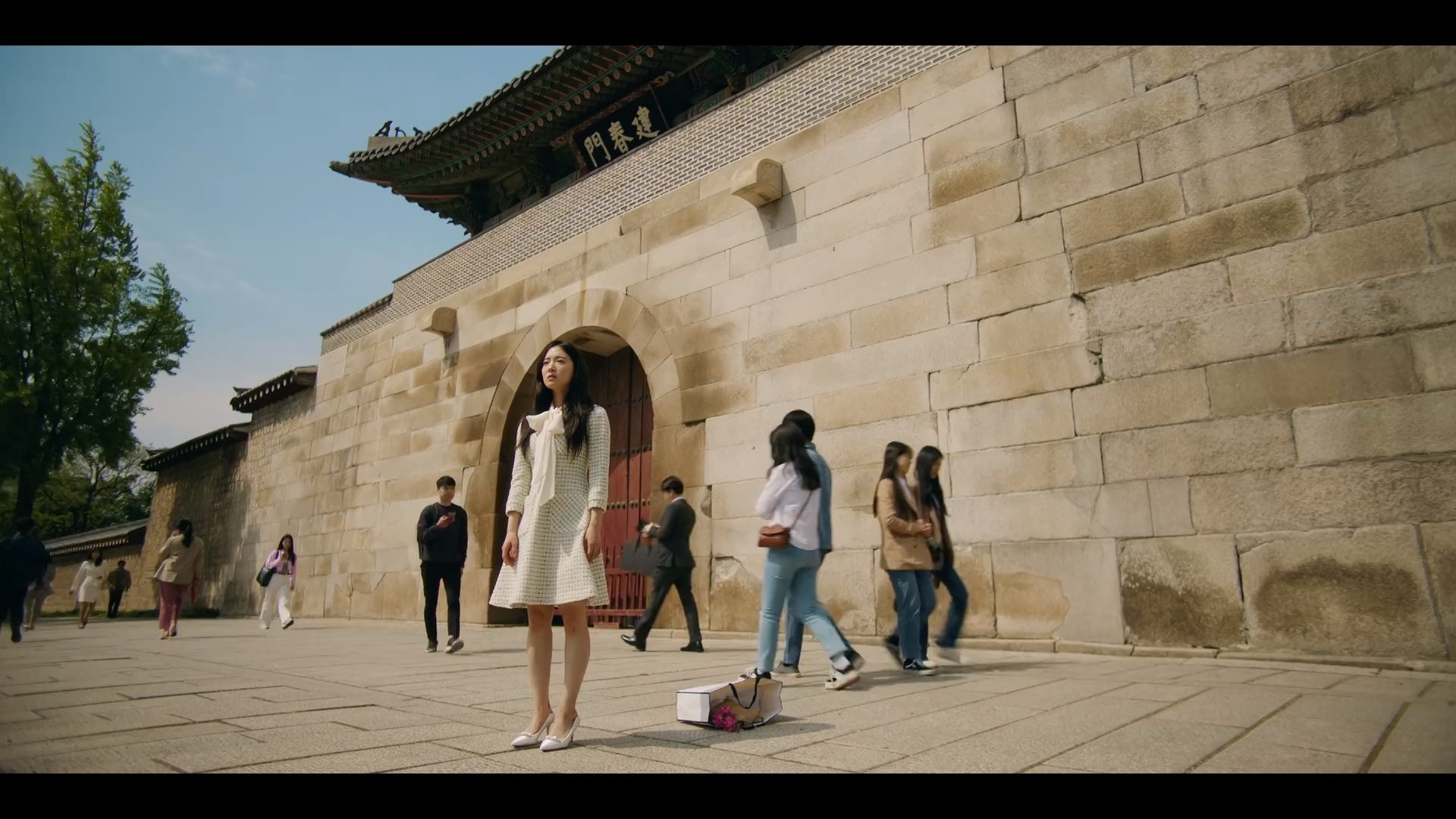Pop Culture: Piggyback Rides
by girlfriday
Hey, girlfriday here to kick off a new series that we’re doing, to call attention to some of the recurring motifs in kdramaland, by way of pop culture. Topics will range from cultural bits of Koreanness, to drama tropes, folktales, to things we simply find amusing or interesting, in tv/film/music. It’s intentionally broad, so that we can keep it free and loose, and we invite you to ask questions about things you’ve always wondered about, like why people in dramas always take out their cell phone batteries. (Answer: It’s a more dramatic action onscreen than pressing the OFF button, which is visually ambiguous.)
We thought long and hard about the inaugural post, and realized, of course, that it had to start with the mother of all drama tropes: The Piggyback Ride.
To discuss the piggyback ride, we have to start with a few things about Koreans: 1) drinking culture, and 2) skinship.
Koreans are like the Irish of the East. We drink. A lot. So it’s not really an exaggeration to see characters in dramas being socially pressured to drink, or killing multiple bottles of soju over one meal, especially after being dumped, fired, belittled, or otherwise trampled upon like any regular day in a kdrama heroine’s life.
That said, it is of course a drama trope to see characters literally pass out from drinking all the time. I’m sure if normal people did this on a daily basis, their mothers would have a thing or two to say.
“Skinship” is a made-up Korean-English word (used in Korea, not in the States) meaning levels of physical intimacy, or more simply, touching. Skinship can range from handholding to kissing, to sex, and people use it colloquially to ask how far things went. Example: GF: “I went on a date last night.” JB: “Was there any skinship?” GF: “Just the PG-13 kind.”
Skinship has its own name precisely because it’s something to write home about. Touching, between adults and of a romantic nature, is a big deal. Now, I don’t mean Koreans are prudes. Far from it. I just mean publicly, culturally, Koreans are very aware of boundaries, politeness, and proprietary mores. People don’t go kissing each other on the cheek, for example. It’s just a matter of cultural difference. The result is, then, that touching means something.
The most common piggyback scenario is the classic I’m-too-drunk-so-will-you-be-my-knight-in-shining-armor-and-carry-me-home. Every drama has it, and every romantic comedy hero earns his stripes this way. Can you imagine drama hero bootcamp? Carry a 90 lb. actress on your back for two hours! Now drag her by the wrist! Practice your kiss! Sir yes sir!

The Woman Who Still Wants to Marry
If the piggyback comes early in the relationship, then almost always, drinking is involved. If one party is drunk and unconscious, then the other party isn’t hugging her—he’s merely being a gentleman and a hero. No, really! No butt-grabbing or anything, scout’s honor.
The piggyback is, in essence, an excuse for skinship, seemingly of the most harmless kind. Because it’s wrapped in a pretty bow of manly honor and a display of alpha male strength, it earns extra points for making women round the world swoon, thinking why can’t my boyfriend do that?
In practical terms, dramas need excuses for physical closeness. Especially if your characters are still in the You Suck Phase, as in My Name is Kim Sam-soon, above. So drinks plus piggyback ride is pretty much the go-to device, to force your characters to pass one level of skinship. It’s a tried and true squee-inducing method, especially if the characters still hate each other.
Beyond the standard drinking and excuse for skinship, piggybacks are a direct callback to a little girl’s relationship with her father. Don’t worry; I’m not going to go all Freudian on you. I don’t mean it in an icky way. But don’t think that fiction in a patriarchal society doesn’t reflect the values that are deemed to be right in that culture.
Piggyback rides in essence infantilize women to equate them with little girls, and paternalize men, to equate them with fathers. In Personal Taste Kae-in makes a direct comparison between Jin-ho’s back and her father’s, and throughout that drama he carries her as a substitute for her father, or lack thereof. In dramas the piggyback ride is shorthand now for all of the above. It’s an intentional association to make the hero appear safe, trustworthy, secure…like a father.
In some dramas, notably ones like Coffee Prince where gender roles are played with, the device can be turned on its head. Han-kyul is actually the lightweight drinker, and Eun-chan piggybacks him all over town.
But once she outs herself as a woman, no surprise—the gender roles go right back to the norm.
Whether you see piggyback rides as your ultimate fantasy or a nefarious plot to take over the world is up to you. While riding piggyback doesn’t really appeal to me personally, I do see why it’s a staple in dramas. It’s a simple gesture, but loaded with romantic ideals and warm paternal associations. It eliminates the need to say to your audience: this is a caring, sweet, warm man, underneath the gruff exterior. The piggyback does it all, with some skinship to boot.
Tags: Coffee Prince, My Name Is Kim Sam-soon, Personal Taste






 Interview with Kim Yoo-jung
Interview with Kim Yoo-jung Hello Dramabeans series
Hello Dramabeans series



![[2022 Year in Review] The Bean Count](https://www.dramabeans.com/wp-content/uploads/2022/11/beancount_2022.png)

Required fields are marked *
Your email address will not be published. Required fields are marked *
201 Flin
November 29, 2015 at 9:33 AM
Pop culture brought me here B-)
What a Great insight, fun to read the comments too.
@GF,
How about an update to this post, like John piggybacking KSH in you are from another star...? That's hilarious :-D
Required fields are marked *
202 Flin
November 29, 2015 at 9:34 AM
Typo *JJH
Required fields are marked *
203 Lift and Carry (Part 2) | saralipswrestling.comsaralipswrestling.com
March 23, 2016 at 11:52 AM
[…] Drama Beans website examined the cultural meaning of these piggyback rides in Korean films and related it to having a romantic and perhaps sexual undertone. It also elaborated on how in Korea, there is also many references to ‘skinship” which is a made-up Korean-English word meaning “levels of physical intimacy, or more simply, touching” […]
Required fields are marked *
204 Iamastonished
November 27, 2016 at 6:48 AM
Yes the piggyback ride. When I was in college I drank quite a bit until I saw a women falling down drunk and I thought to myself hmmm that isnt so pretty. After that I didn't drink so much. Also I found that I made much better choices when it came skinship. I like the reduced public affection in Kdramas. BUT I notice there isn't any kissing that looks like it would be alot of fun, however the chemistry between couples can sometimes be electric, the kiss is a let down. Oppis are often really nice guys, and protective which is so endearing, but the arranged marriages i will never understand. Thanks for the piggyback lesson. Keep them coming. Nobody gets kdrama in my world and they are sick of hearing me talk about it. I feel so at home here.
Required fields are marked *
205 Boyinluv15
April 9, 2017 at 8:20 PM
This article is one of my favorite on drama beans because it gave me a level of understanding and insight in such a fun and thoughtful way. The explanation felt answered in such a satisfying way and I left with a well informed knowledge of the impact this trope has on a scene and its characters.
Thank you!
Required fields are marked *